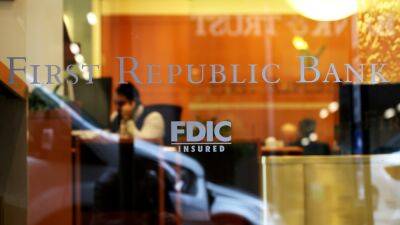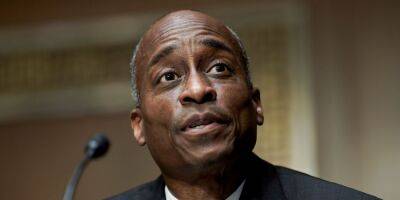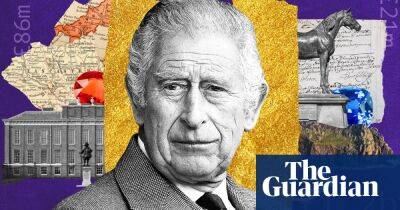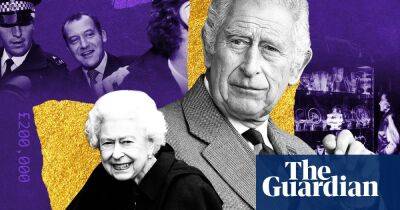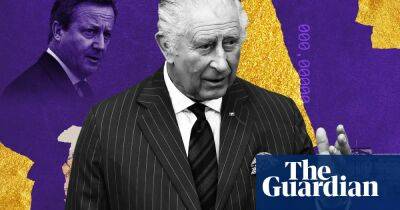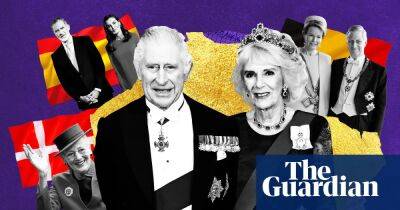How the British royal family hides its wealth from public scrutiny
H ow much money will the coronation of King Charles III cost the British public? What tax rate will our new king pay on his private income? How many engagements did “working royals” such as the Dukes of Gloucester and Kent attend over the last five years? How much were they paid? How much rent do Princesses Beatrice and Eugenie, who are not working royals, pay for residences in royal palaces?
In recent weeks, the Guardian has posed all of these questions to Buckingham Palace. The responses boil down to “ask someone else”, “work it out for yourself”, or simply “you have no right to know”. We beg to differ.
Obituaries of Queen Elizabeth II uniformly applauded her calm stewardship of the realm, or her supposed non-interference in British politics. None mentioned another hallmark of her reign: entrenched secrecy, which has given rise to a culture in which the British people are deprived of the most basic information about the monarchy.
Correspondence with the monarch or the heir, whether seismic or harmless, is banned from disclosure. Parliamentary criticism of conduct of royal family members, no matter how disgraced, is prohibited. The palace says the royal archives – the repository of our constitutional monarchy’s history – are open to “any serious researcher”. However they are the private property of the Windsors, who grant their permission before researchers can examine them.
Nowhere is the refusal to let the light in more fiercely enforced by the royals than over financial matters. The wills of even obscure members of the family are censored by judicial decree. The royals closely guard the secrets of their financial wealth, insisting it is “private” even when it is clearly born of their public roles.
It should not detract
Read more on theguardian.com

